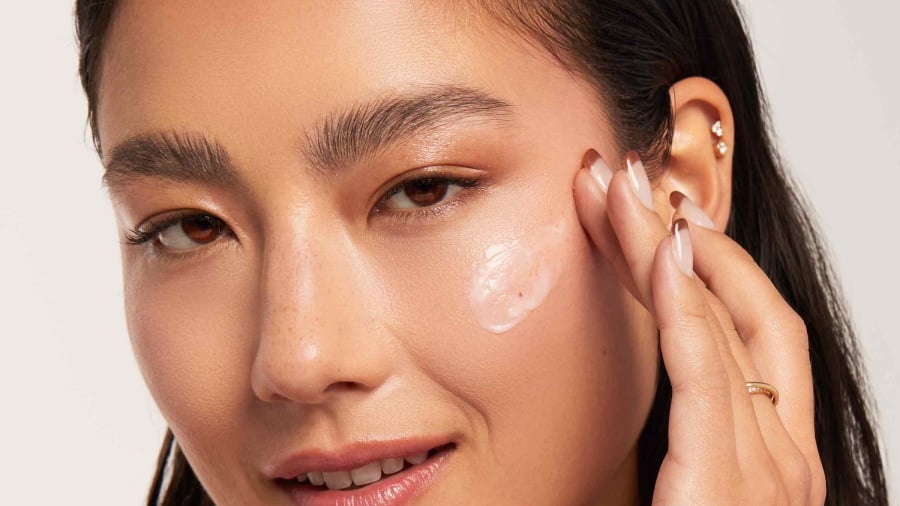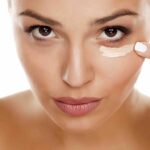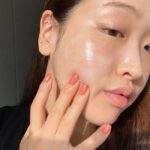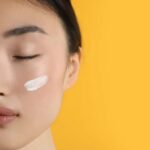Why You Shouldn’t Apply Retinol During the Day
Retinol is photosensitive and prone to degradation when exposed to UV rays. Applying retinol during the day without adequate sun protection can leave your skin vulnerable to sun damage. Research from the British Journal of Dermatology suggests that using retinol during the day without SPF 30+ sunscreen increases the risk of hyperpigmentation and premature aging by up to 50%. Signs of sun damage include redness, flaking, and the early appearance of wrinkles.

Avoid using retinol during the day to maximize its benefits.
Best Time to Apply Retinol
Dermatologists recommend applying retinol between 8 PM and 10 PM. This is when your skin enters its most active regeneration phase, allowing retinol to work optimally without interference from environmental light. Applying retinol after midnight may reduce its effectiveness as your skin won’t have sufficient time to absorb it before you sleep.
How to Apply Retinol for Optimal Absorption
Cleanse your skin thoroughly: Before applying retinol, ensure your skin is free of makeup and dirt by double cleansing or using a gentle cleanser.
Use a small amount: A pea-sized amount of retinol is sufficient for your entire face. Using more can lead to excessive irritation and flaking.
Apply to dry skin: Retinol works best on dry skin. Wait at least 10-15 minutes after cleansing before applying your retinol serum.
Follow with a moisturizer: Retinol can be drying, so it’s essential to seal in moisture and reduce potential irritation with a hydrating moisturizer.
Avoid applying just before bedtime: Applying retinol right before sleeping can cause it to rub off on your pillow or bedding, reducing its effectiveness. Aim to apply retinol at least 30 minutes before bedtime to allow for complete absorption.

Wait at least 30 minutes after applying retinol before going to sleep.
Ideal Frequency for Retinol Use
For beginners, it’s best to start slowly. Begin with 2-3 times a week and gradually increase to 4-5 times a week as your skin adjusts. Applying retinol daily from the start may lead to excessive peeling, redness, or acne breakouts due to irritation.
How to Protect Your Skin When Using Retinol
Always use sunscreen: Retinol increases sun sensitivity, so it’s crucial to apply SPF 30+ sunscreen during the day and reapply it every 2-3 hours.
Moisturize adequately: Retinol can be drying, so ensure you provide your skin with ample moisture to maintain its natural protective barrier and reduce irritation.
Avoid combining with other potent actives: Refrain from using retinol in the same routine as AHA, BHA, or vitamin C, as this can lead to excessive irritation.
Using retinol at the right time and in the right way will not only improve your skin’s appearance but also minimize irritation. If you’re seeking an effective anti-aging solution, follow these guidelines to achieve youthful, radiant skin without compromising your skin’s health.






































